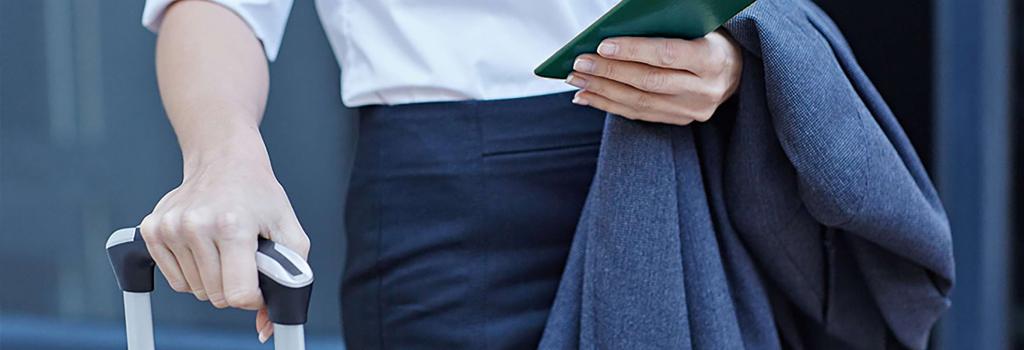
Ensuring that your employees comply with your corporate travel policy is much easier when your policy is concise, clear, and up to date. If yours hasn’t been updated in a while, it may be time to dust it off and make some changes. Here are three trends that you should take note of when updating your travel policy:
Millennial travellers demand greater freedom and flexibility
Millennial travellers (born between 1980 and 2000) have never known a world without the internet or smart phones. They travel with at least three devices, and demand greater connectivity, greater personalisation, and a more authentic travel experience. Some companies have had a hard time getting millennials to comply with their travel policies and have turned to gamified business travel expense systems that offer badges and rewards for compliance. Others have simply realised that being traveller centric is crucial, so providing millennials with greater freedom and flexibility in travel arrangements, and allowing them to make arrangements themselves through the management system or the travel agency, may be beneficial. Millennials are also a major driving force in the sharing economy, and in bleisure – the notion of combining business and leisure travel.
The sharing economy is growing rapidly
With the growth of the sharing economy, companies are being forced to consider sharing options such as Uber and Airbnb in their business travel policies. In the past, business have been wary to include these options because of reporting difficulties, but both Uber and Airbnb have recently launched dedicated business sections, making it easier for businesses to integrate travel data into their management systems. Concerns which remain, however, are whether or not these bookings would affect the volume discounts on traditional accommodation and transport, and the safety and security of these options. Companies have a duty of care and need to know where liability lies should something happen to the traveller while he or she is using these services.
What is certain, though, is that the sharing economy cannot be ignored. Your travel policy should at least make it clear whether or not you allow travellers to book with Airbnb or expense their Uber trip. And if it is allowed, clearly indicate how travellers should go about making the booking or reclaiming the expense.
Bleisure (business combined with leisure) travel increases traveller satisfaction
Bleisure has quickly become a travel buzz word. In fact, 60% of travellers who took part in the BridgeStreet survey reported to have taken bleisure trips, with 30% having added two vacation days to their trip. But bleisure is about more than taking a vacation after a conference, it is about weaving leisure experiences into your business trip.
The line between business and leisure time is blurring, especially in the millennial group. These travellers are more likely to take time off during traditional work hours, but to turn their social engagement into a networking opportunity, and to work in the evenings or at night.
Giving travellers the freedom to combine business with leisure increases their productivity, motivation, and job satisfaction, but few companies have included this option in their travel policy. Doing so could help ensure responsible bleisure practices and clear up some of the grey areas, like which expenses the company will cover and which they won’t, and who is responsible for which portion of the travel insurance.
If you need help updating your travel policy, get in touch with one of our experienced agents.